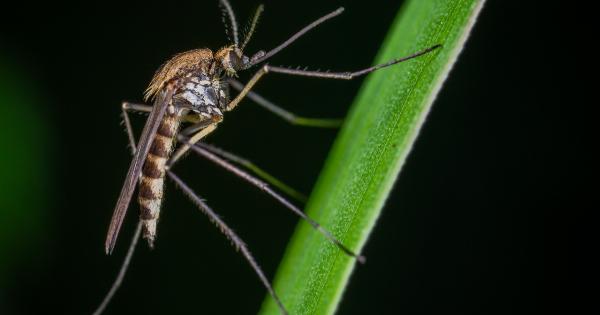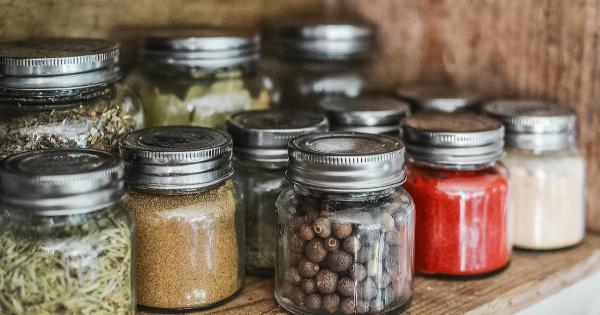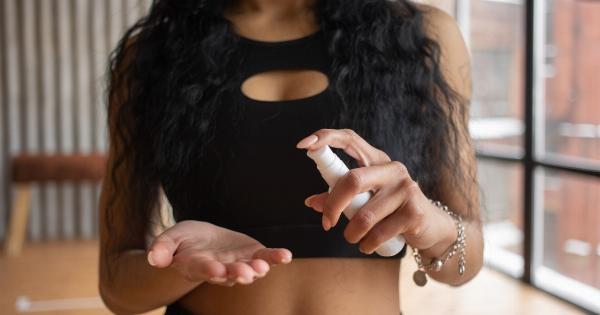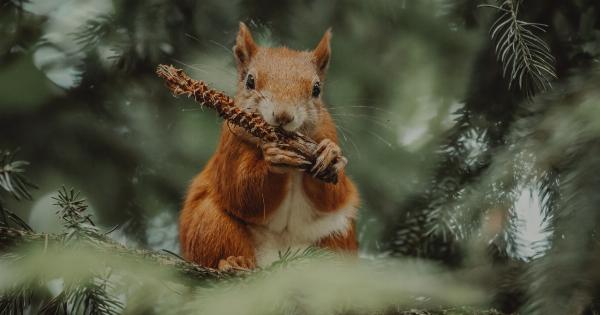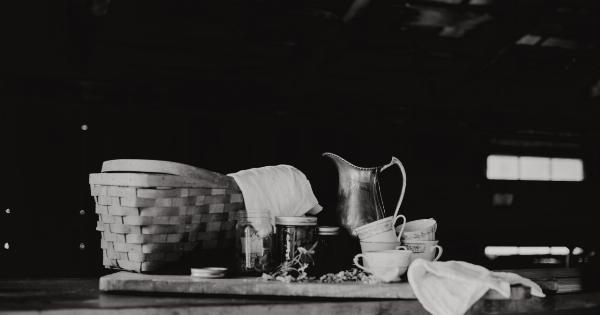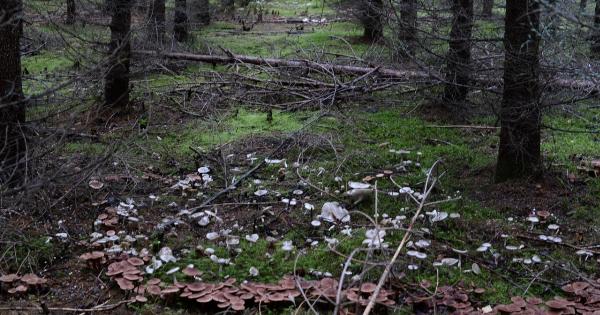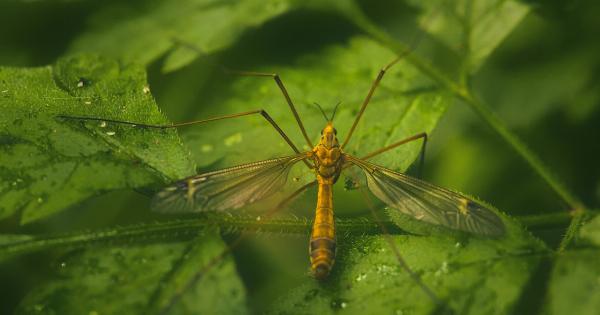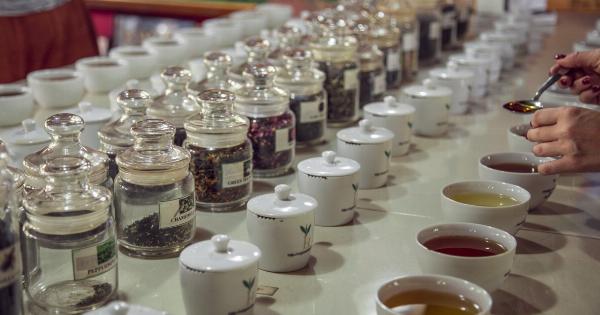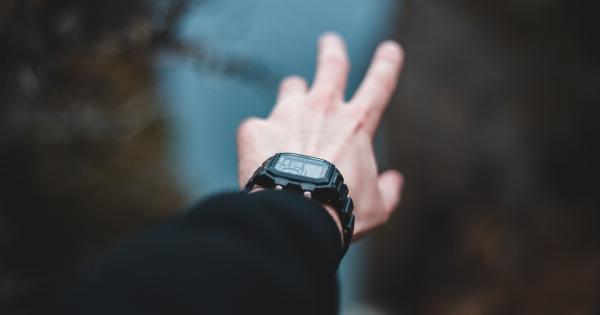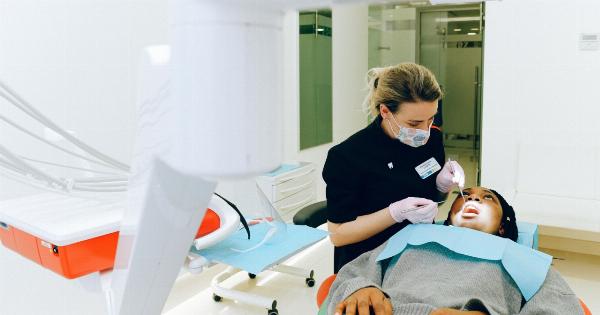Aphids are tiny, soft-bodied insects that come in a variety of colors, from light green to dark brown. They are a common garden pest that can cause extensive damage to your plants by sucking the sap from leaves, stems, and flowers.
While there are many chemical sprays and insecticides that can be used to get rid of aphids, these can be harmful to other insects, pets, and even humans.
The good news is that there are many natural and safe ways to control and get rid of aphids in your garden.
1. Attract Beneficial Insects
One of the best ways to get rid of aphids is to attract beneficial insects to your garden. These insects, such as ladybugs, lacewings, and hoverflies, feed on aphids and will help to keep their populations in check.
You can attract beneficial insects to your garden by planting a variety of flowers and herbs, such as marigolds, daisies, and fennel.
These plants provide food and shelter for beneficial insects, and they also attract pollinators like bees and butterflies.
2. Use Homemade Insecticidal Soap
Insecticidal soaps are an effective and safe way to control aphids. You can make your own homemade insecticidal soap by combining 1 tablespoon of liquid dish soap with 1 quart of water. Pour the mixture into a spray bottle and spray the affected plants.
Be sure to only use mild liquid dish soap, as harsh soaps can damage your plants. It’s also important to test the solution on a small area of your plant before applying it more broadly, as some plants can be sensitive to soap.
3. Introduce Companion Plants
Companion planting, the practice of growing certain plants together to benefit each other, can help to control aphids in your garden. Some plants, such as onions, garlic, and chives, are known to repel aphids and other pests.
Plant these companion plants around your garden to help keep aphids away. They also have the added benefit of adding flavor to your meals and can be used in a variety of recipes.
4. Spray with Neem Oil
Neem oil is a natural insecticide that is effective against aphids. It works by disrupting the insect’s feeding and breeding patterns. To use neem oil, mix 2 tablespoons of neem oil with 1 gallon of water and spray the affected plants.
Neem oil is safe to use around children and pets, but it’s important to only use the amount recommended on the label. Overuse of neem oil can damage your plants.
5. Blast Them Away with Water
If you have a small infestation of aphids, you can try blasting them away with water. Use a hose or a spray bottle to spray the affected plants with a strong stream of water.
This method is effective because aphids are soft-bodied and can be washed away easily. However, be careful not to damage your plants by using too much pressure or spraying too close to the plant.
6. Release Parasitic Wasps
Parasitic wasps are another beneficial insect that can help to control aphids. These tiny wasps lay their eggs inside the aphid, and the larvae feed on the insect from the inside out.
You can buy parasitic wasps online or from a garden center. Release them into your garden when you begin to notice signs of aphids. They will help to keep the aphid populations in check and won’t harm your other plants or insects.
7. Plant Trap Crops
Trap crops are plants that are attractive to aphids but are not harmful to your other garden plants. By planting trap crops around your garden, you can lure aphids away from your other plants.
Some good trap crops for aphids include mustard, nasturtiums, and calendula. Plant these crops around the perimeter of your garden or near your most vulnerable plants to attract aphids away.
8. Remove Infested Leaves and Branches
If you have an infestation of aphids, it’s important to remove any infested leaves and branches. This prevents the aphids from spreading to other parts of your garden.
Use pruning shears to remove affected leaves and branches. Dispose of them in a plastic bag in the garbage, not in your compost pile. Be sure to also clean your pruning shears with soap and water to prevent the spread of any pests or diseases.
9. Apply Diatomaceous Earth
Diatomaceous earth is a natural substance that is made from the fossilized remains of diatoms, a type of algae. It works by dehydrating the insect’s exoskeleton, causing them to dry out and die.
To use diatomaceous earth, sprinkle a thin layer around the base of your plants. This will create a barrier that will prevent aphids from climbing up the stem.
Be sure to only use food-grade diatomaceous earth, as some types may contain harmful chemicals.
10. Keep Your Plants Healthy
The best way to prevent aphids from infesting your garden is to keep your plants healthy. Healthy plants are less attractive to pests and are able to fight off infestations better than weakened plants.
Make sure to water your plants regularly and provide them with enough nutrients. Prune your plants regularly to remove any dead or damaged branches, as these are more susceptible to pests.





